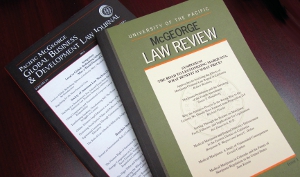Document Type
Article
Publication Date
2018
Abstract
Marijuana legalization, at least to some extent, is now a reality in half of the United States. This shift reflects on one hand the good reasons to decriminalize marijuana use and to legalize and regularize its cultivation, distribution, and retail sale. However, legalization also introduces substantial public health dangers and injects the potent tool of advertising and marketing to promote marijuana into the struggle for persuasive influence between sellers aimed at increasing profits and regulators trying to minimize the damages to public health. Limits on advertising and marketing to reduce adverse public health consequences are difficult to impose because of the increasingly aggressive interpretations of the protections for advertising articulated by the Supreme Court. Regulators must understand the types of regulations that will provoke constitutional challenges, and how a court’s analysis of each type of regulation will proceed. This Article is the first to provide detailed analysis and concrete, step-by-step guidance for regulators seeking to balance the electoral mandate to provide access to marijuana products with their ongoing and urgent responsibilities to protect public health. It provides regulators with the knowledge they need to understand the constitutional implications of a wide range of options, and to make choices that implement their public health objectives without provoking expensive legal challenges.
Publication Title
Lewis & Clark L. Rev.
Volume
21
Issue
4
First Page
1081
Recommended Citation
Leslie G. Jacobs,
Regulating Marijuana Advertising and Marketing to Promote Public Health: Navigating the Constitutional Minefield,
21
Lewis & Clark L. Rev.
1081
(2018).
Available at:
https://scholarlycommons.pacific.edu/facultyarticles/547



